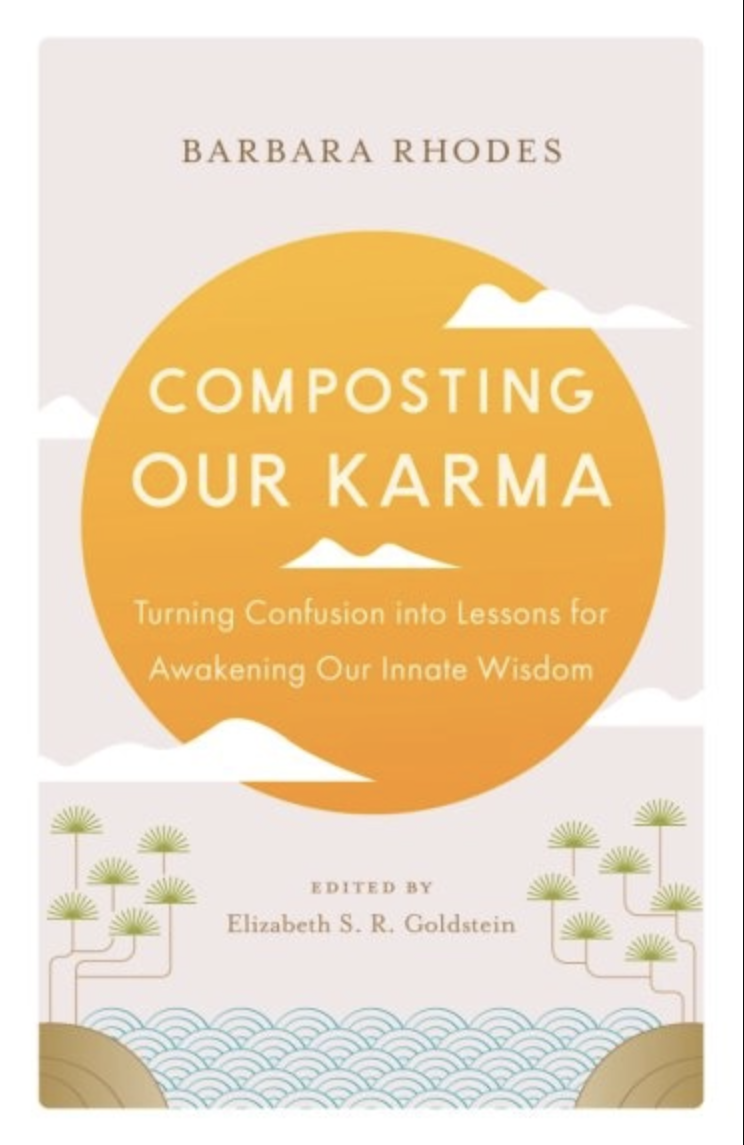
Composting Our Karma: Turning Confusion into Lessons for Awakening Our Innate Wisdom
Learn to cultivate a clear mind, improve your intuition, feel naturally at ease, and generate the compassionate wisdom to face whatever arises.
Barbara Rhodes offers the Korean Zen teaching of don’t-know mind as an antidote to the overthinking, overly-stimulating modern world that is the cause of so much suffering. Rhodes shows us that there are ways we can work with, or “compost,” whatever we’ve got in front of us, digest it into energy that can get us through the rough times, and cultivate a satisfying life. And she offers fascinating insights from her professional life as a nurse, commitment to engaged Buddhism, life experience as a member of the LGBTQ community, use of psychedelics on her spiritual path, and more.
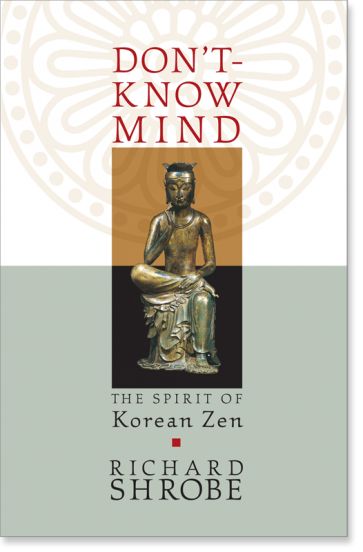
Don’t-know Mind: The Spirit Of Korean Zen
"Don't-know mind" is our enlightened mind before ideas, opinions, or concepts arise to create suffering. Practicing with don't-know mind has long been a central concern of Korean Zen. Here, an American Zen master in the Korean lineage brings the teaching to life by using stories about the Chinese and Korean Zen masters as jumping-off points for his own teaching. Don't-Know Mind is a clear, direct, and heartfelt presentation of Zen teaching applicable to anyone, both for formal practice and for all the rest of life.
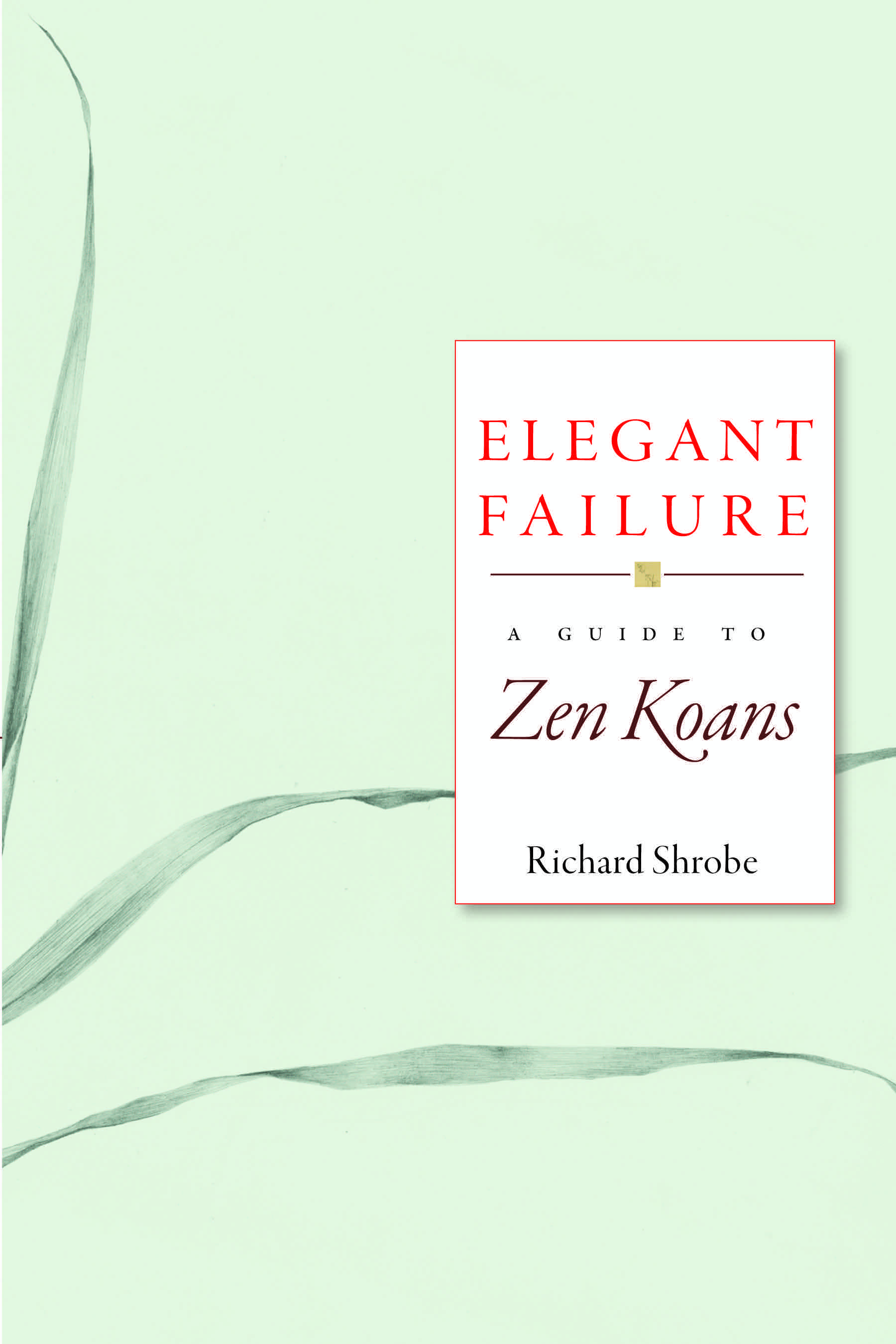
Elegant Failure: A Guide To Zen Koans
Zen koans are stories of exchanges between Zen masters and their disciples at the moment of enlightenment or near-enlightenment. These stories have long fascinated Western readers because of their wisdom, humor, and enigmatic quality. Drawing on over thirty years of practice and teaching, Richard Shrobe (himself a recognized Zen Master) has selected twenty-two cases from The Blue Cliff Record, Book of Serenity, and Wu-men-kuan that he has found to be deeply meaningful and helpful for meditation practice. In Elegant Failure, he provides a wealth of background information and personal anecdotes for each koan that help to illuminate its meaning without detracting from its paradoxical nature. As Shrobe reminds us, “The main core of Zen teaching is the bare bones of what is there. In a certain sense, embellishing a story takes away from the central teaching: Don’t embellish anything, just be with it as it is.”
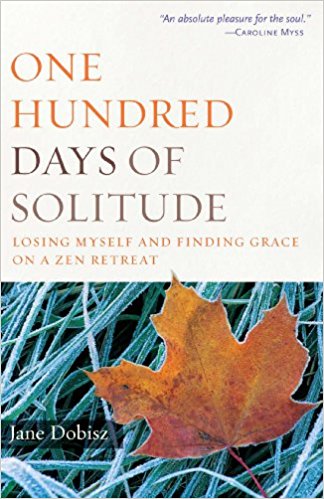
One Hundred Days Of Solitude: Losing Myself And Finding Grace On A Zen Retreat
American teacher of Korean Zen Jane Dobisz (Zen Master Bon Yeon), recalls her first solitary meditation stint in the woods. Luckily, this is not just a recounting of a winter's worth of cabin fever. Instead, Dobisz takes us into her cabin, and into her mind, as she tries—at least temporarily—to live a Walden-like existence.
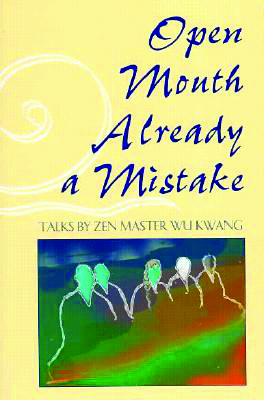
Open Mouth Already A Mistake: Talks By Zen Master Wu Kwang
Teachings of a Zen Master who is also a husband, father, practicing Gestalt therapist and musician.
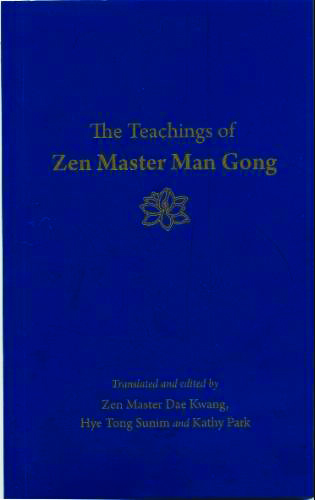
The Teachings Of Zen Master Man Gong
Translated and edited by Zen Master Dae Kwang, Hye Tong Sunim, and Kathy Park.
Zen Master Man Gong (1872-1946) received transmission from Zen Master Kyong Ho, and is one of the truly towering figures in modern Korean Zen. He and his students played a central role in re-establishing the Buddhist tradition in Korea after centuries of suppression during the Chosan dynasty. Zen Master Man Gong was the grand teacher of Zen Master Seung Sahn.
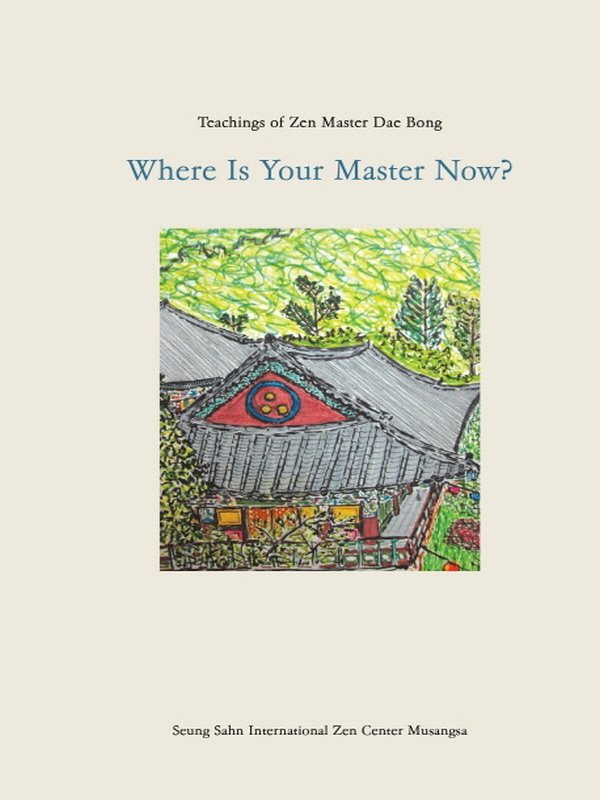
Where Is Your Master Now?
Dharma is not dependent on words. However words can point to the Way.
May all beings be free from suffering.
May all beings realize our original nature and help others endlessly.
May all beings be blessed with peace.
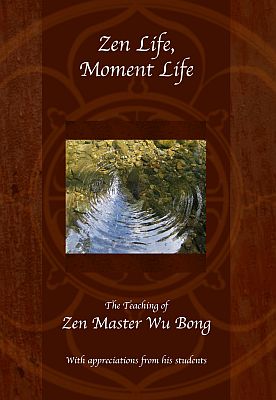
Zen Life, Moment Life: By Zen Master Wu Bong
Zen Master Wu Bong
“Keeping a ‘don’t know’ mind means cutting off all thinking. Cutting off all discursive thoughts takes us to the wellspring of our true nature, and brings us to the present moment. What are you doing just now? Paying attention to this moment is what Zen practice is all about…” (Zen Master Wu Bong)








